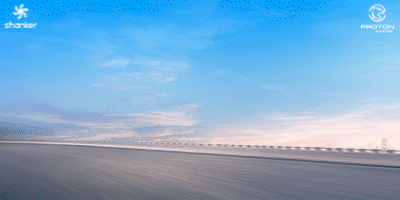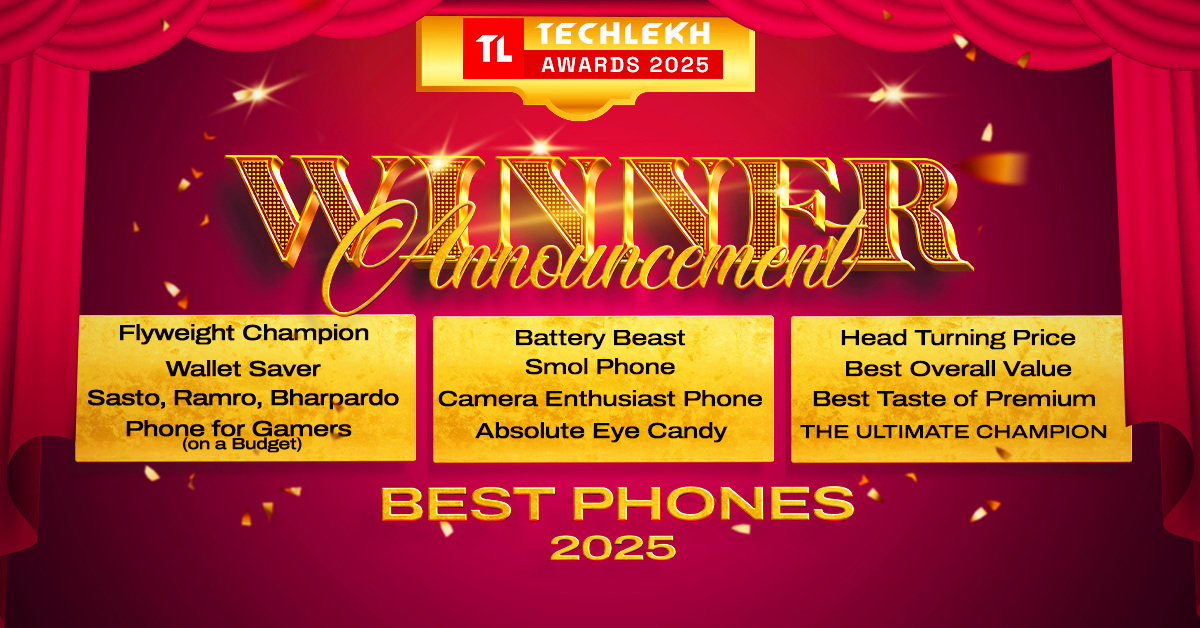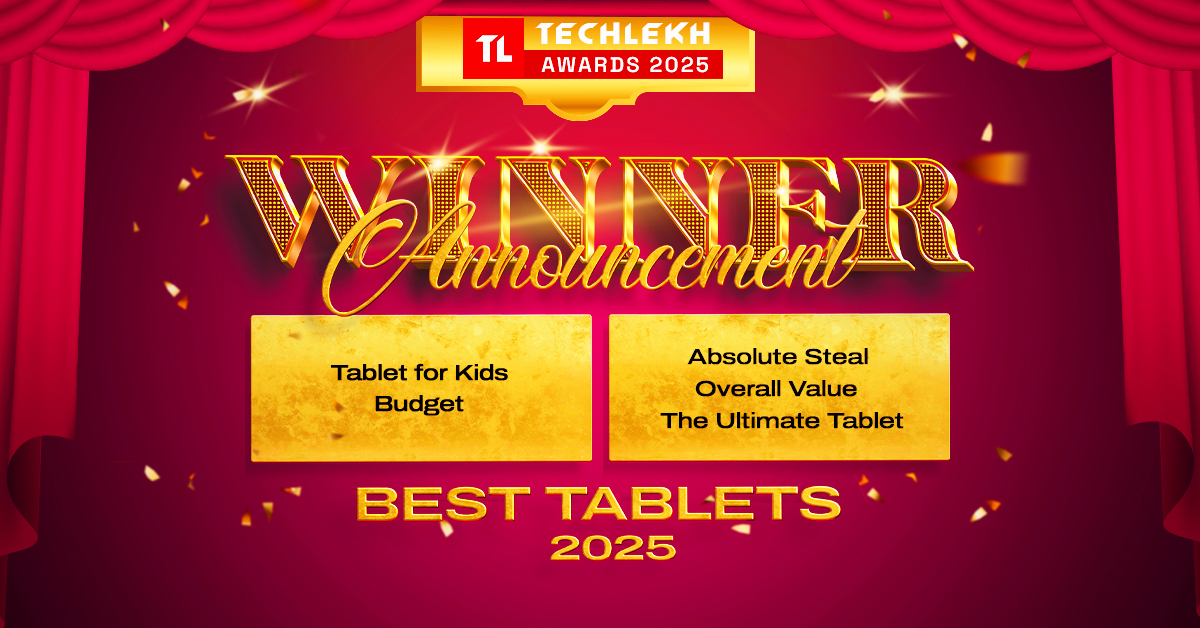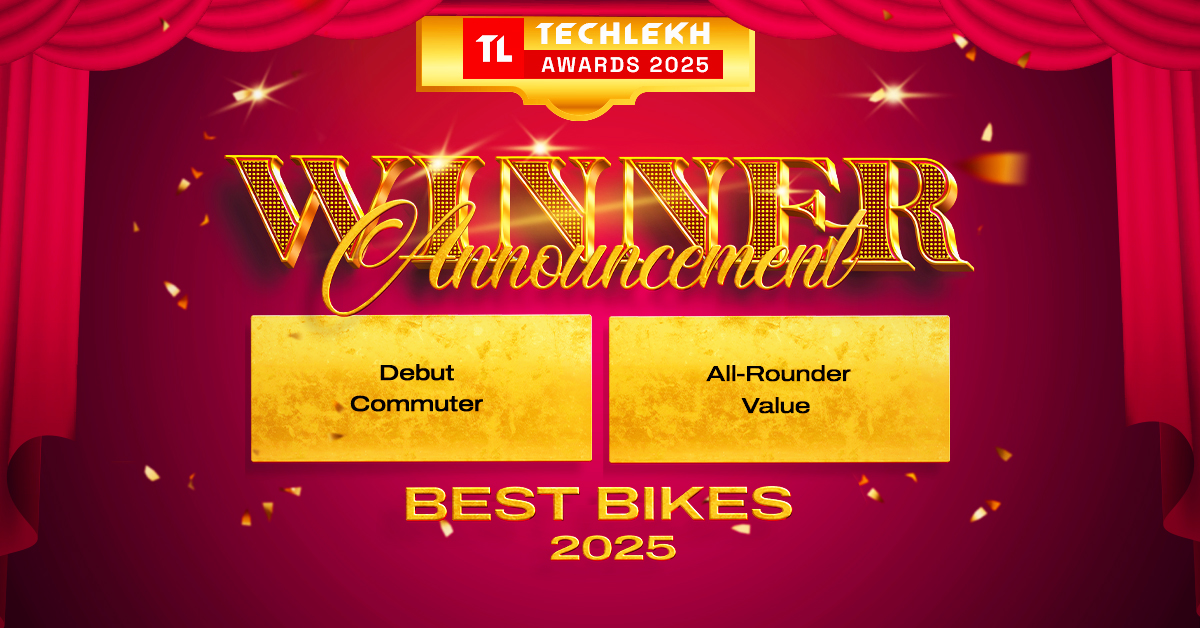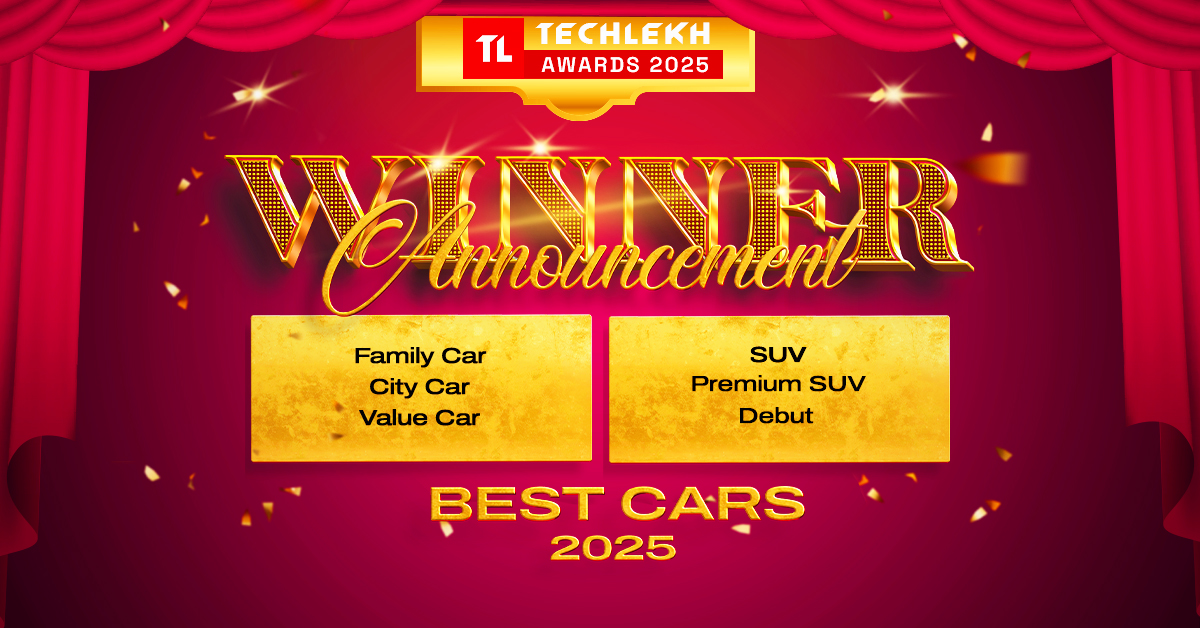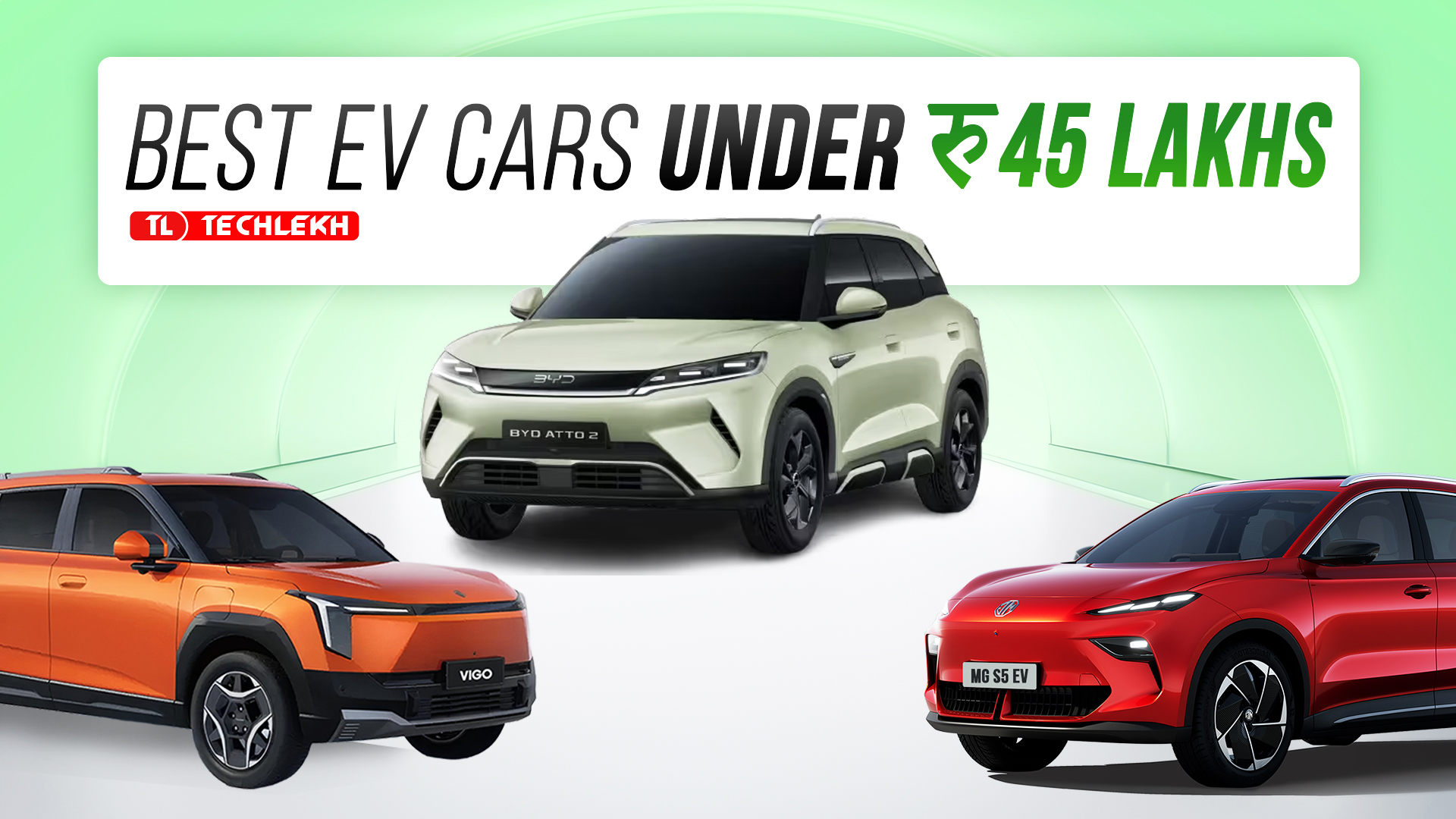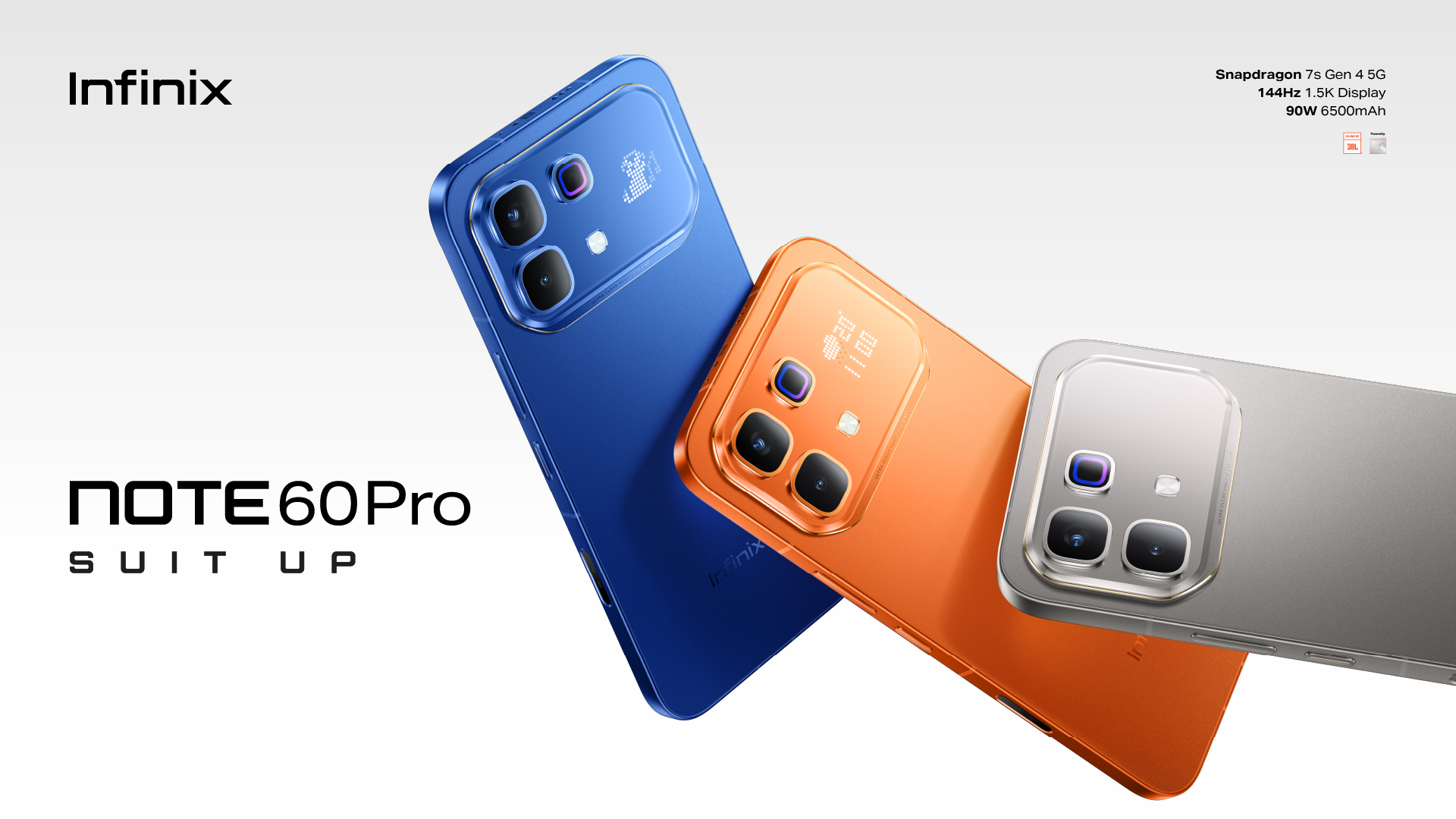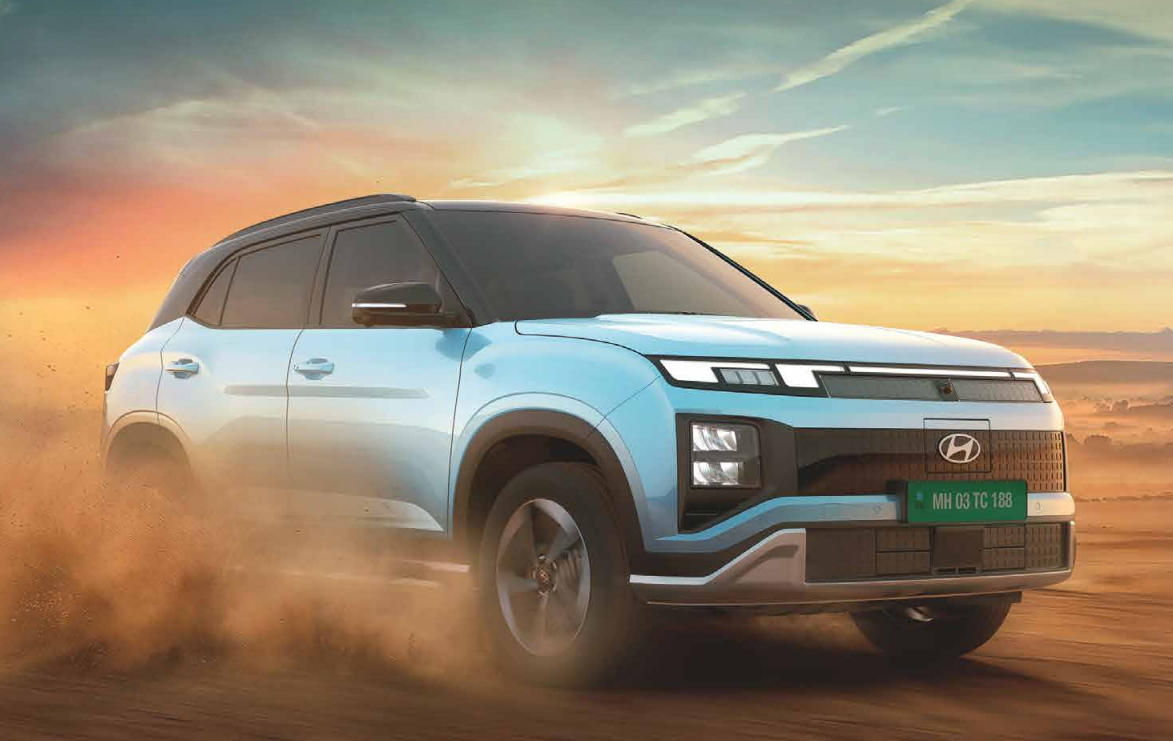The government has decided to resume the import of luxurious vehicles worth more than 50,000 USD after a year.
Nepal had restricted the import of luxurious vehicles from March 30, 2020 to save the foreign exchange reserves of Nepal.
Nepal Automobile Dealers’ Association (NADA) has appreciated the decision by the Nepal government to resume import of the vehicles. However, they don’t see any major progress as the pandemic effect is still seen in the market.
Luxury automobile market
“The market of luxury vehicles is very nominal. So lifting a ban does not make much of a difference,” says Anup Baral, secretary of NADA.
The cars which cost more than 50,000 USD are priced at more than Rs 200 million in Nepal.
Whereas Krishna Prashad Dulal, president of NADA views that with this decision, the dealers will have the freedom to import luxury cars as per the customers’ demand.
“There are people who can afford to purchase luxury cars. So, now they will be able to get the vehicles they want,” says Dulal.
As per Dulal, the luxury vehicle holds 2 percent market share in the Nepali automobile industry. “If we import 10,000 vehicles, 200 to 300 among those are luxury vehicles,” he shares.
Potential of the luxury car market after the pandemic
According to The Economic Times, the leaders of the luxury car market are optimistic about the future. They are working to generate customer interest and demand, according to ET.
According to Fortune Business Insight, the global luxury car market size is projected to reach USD 655.0 billion by the end of 2027.
Similarly, as per the report of Mordor Intelligence, a market research company of India, the Indian Luxury Car Market is projected to register a Compound Annual Growth Rate (CAGR) of over 6 percent during the forecast period (2020-2025).
In the case of Nepal, industry players are making effort to create the demand for budget and mid-segment vehicles. As budgeted two-wheelers and four-wheelers dominate the market, demand growth of luxury cars is far away in this situation.
“Number of high-end customers are very few. The majority of people want to buy two-wheelers and budgeted cars to avoid public vehicles,” shares Baral.
The automobile dealers are giving discounts and facilitating easy financing options for consumers. He believes that luxury vehicle growth is far away for the Nepali market at this time.
Long term prospect for Nepal
NADA Secretary Baral says that the potential of the Luxury car is not as significant as mid-segment vehicles. “More than 99 percent of the customer prefer vehicles priced below Nepali Rs. 50,00,000,” says Baral.
Another major reason is the exorbitant tax on automobiles, which increases the price of the vehicle by almost 3-4 times. “Nepal government considers even a two-wheeler as a luxury. So, the growth of expensive vehicles is doubtful,” says Baral.
Despite challenges due to high taxation rates which include excise, customs, spare parts, road, and VAT, automobile growth has good prospects in Nepal. Two main reasons which contribute to the high potential of the industry are increasing disposable income and poor public transportation service.
In terms of the luxury market, NADA President opines that the government does not have a positive attitude towards the growth of luxury vehicle growth in Nepal. “Most of the luxury cars are owned by the government. Currently, very few citizens can buy premium cars,” he shares.
READ NEXT: Jawa Perak Officially Launched in Nepal: A Bobber Styled Cruiser!
-
TechLekh Awards: Best Phones of 2025 in Nepal Winners!Ooooooooooh boy, what a year it was for smartphones, even in Nepal! Phones have been…
-
TechLekh Awards: Best Tablets of 2025 in Nepal Winners!The smartphone scene in Nepal was absolutely crackling this year with constant new launches and…
-
TechLekh Awards: Best Scooters of 2025 in Nepal Winners!Scooters have played a major role in shaping everyday mobility in Nepal. They have always…
-
TechLekh Awards: Best Bikes of 2025 in Nepal Winners!Motorcycling in Nepal has always meant more than just getting from one place to another.…
-
TechLekh Awards: Best Cars of 2025 in Nepal Winners!Electric vehicles continue to dominate Nepal’s market in 2025, and Chinese manufacturers still lead the…
-
Best Electric Cars Under 45 Lakh in Nepal (February 2026 Updated)About five years ago, buying a car under 45 Lakh in Nepal felt fairly straightforward…
-
Infinix Note 60 Series with Active Matrix Display Launching Soon in NepalHIGHLIGHTS The Infinix Note 60 and 60 Pro are expected to launch soon in Nepal.…
-
Hyundai Creta Electric Higher Variant Arrives in Nepal: Massive Rs. 25 Lakh Price GapHIGHLIGHTS Hyundai Creta Electric price in Nepal starts at Rs. 51.96 Lakhs. Based on motor…



